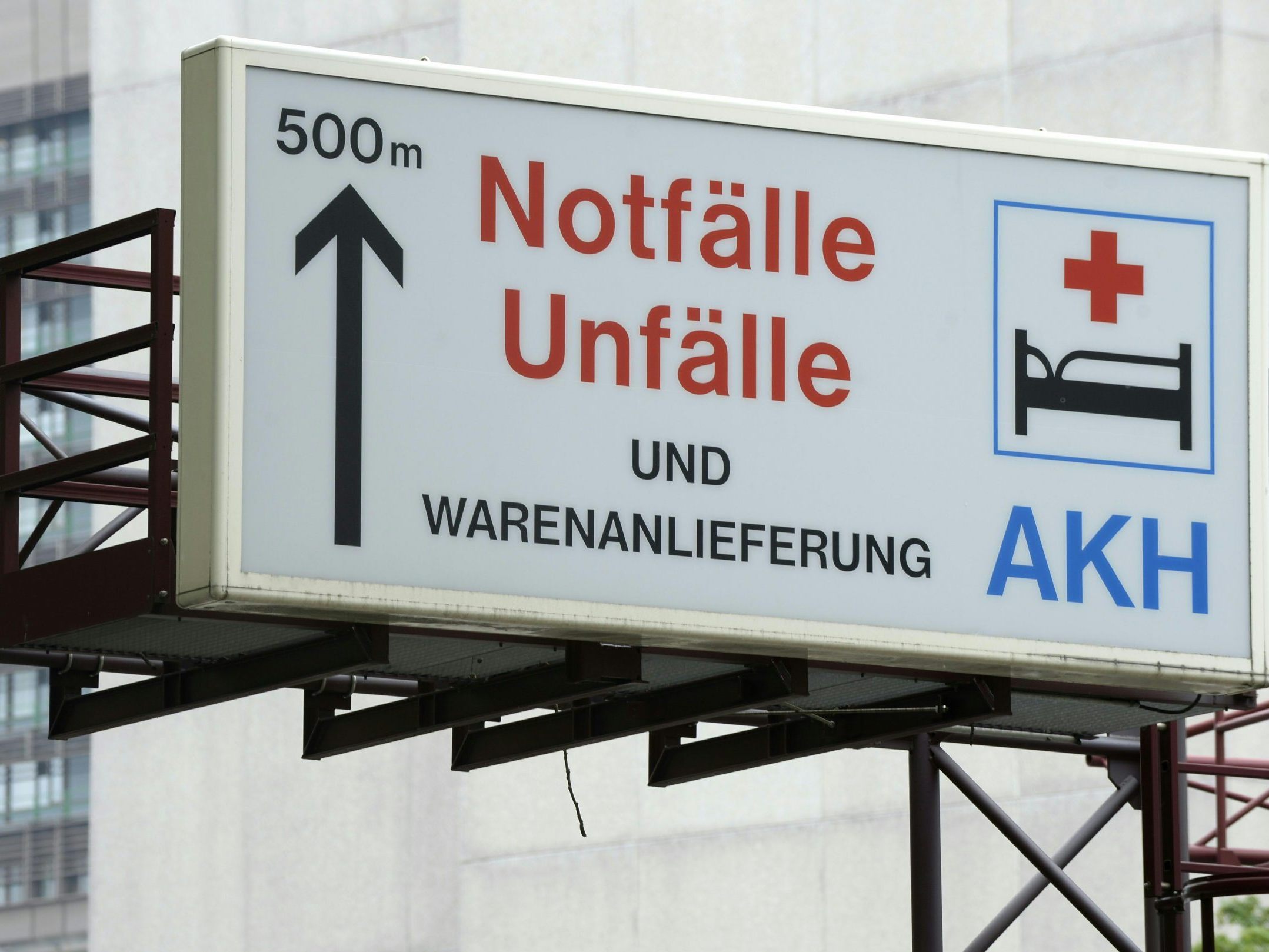Viennese Concerned About the Future of the Healthcare System

The residents of Vienna rate the healthcare services in the federal capital with a school grade of 2.6, but are worried about its future. This is the result of the "Health Barometer" of the Vienna Medical Association presented on Tuesday.
Viennese rate the city's healthcare system as average
"2.6 is not hopeless, but there is room for improvement," said Chamber President Johannes Steinhart at a press conference. After all, 41 percent visited a private doctor in the six months prior to the survey.
According to the survey conducted in March by "Public Opinion Strategies" (1,000 respondents, target group: Vienna residents aged 16 and over, maximum margin of error +/- 3.1 percentage points), around two-thirds of respondents are concerned about the future of healthcare services. 57 percent want the state to invest more in health, with this area clearly ranking first ahead of education (46 percent) and social issues (41 percent).
Rating of healthcare services in Vienna better than nationwide
The healthcare system in Vienna is rated slightly better than the national average. In a similar survey conducted by the Medical Association last September among the Austrian population, an average score of 2.8 was determined for the Austrian healthcare system. According to pollster Peter Hajek, who has been creating the health barometer for the chamber since 2015, concerns about the healthcare system are not new. "We had this perspective even before the pandemic."
Women, those with lower education, and residents of suburban districts expressed more critical views in the survey than the overall population of Vienna. In assessing hospital care in Vienna, 16 percent rated it as "Very Good," 51 percent as "Rather Good," 21 percent as "Rather Poor," and five percent as "Very Poor" on a four-point scale. However, about half of the patients complained about insufficient time and care from hospital doctors.
Medical Association Wants More Insurance Positions and Hospital Staff
Other interesting results: Waiting times for surgery are perceived as shorter by those who have experienced them firsthand compared to those who only know about them secondhand. According to the survey, 30 percent reported undergoing a preventive check-up annually. 38 percent said they do it occasionally, while 28 percent skipped the check-up. According to official data, however, the service is actually used less frequently.
The chamber concludes from the survey, among other things, that on the one hand, insurance doctor positions need to be expanded and more staff should be employed in hospitals. Additionally, higher salaries are needed in hospitals, as well as specialist centers involving health and social professions. To strengthen health prevention, incentive models such as the 100-euro bonus from the SVS should also be introduced when insured individuals go for preventive check-ups or participate in health-promoting programs.
(APA/Red)
This article has been automatically translated, read the original article here.





